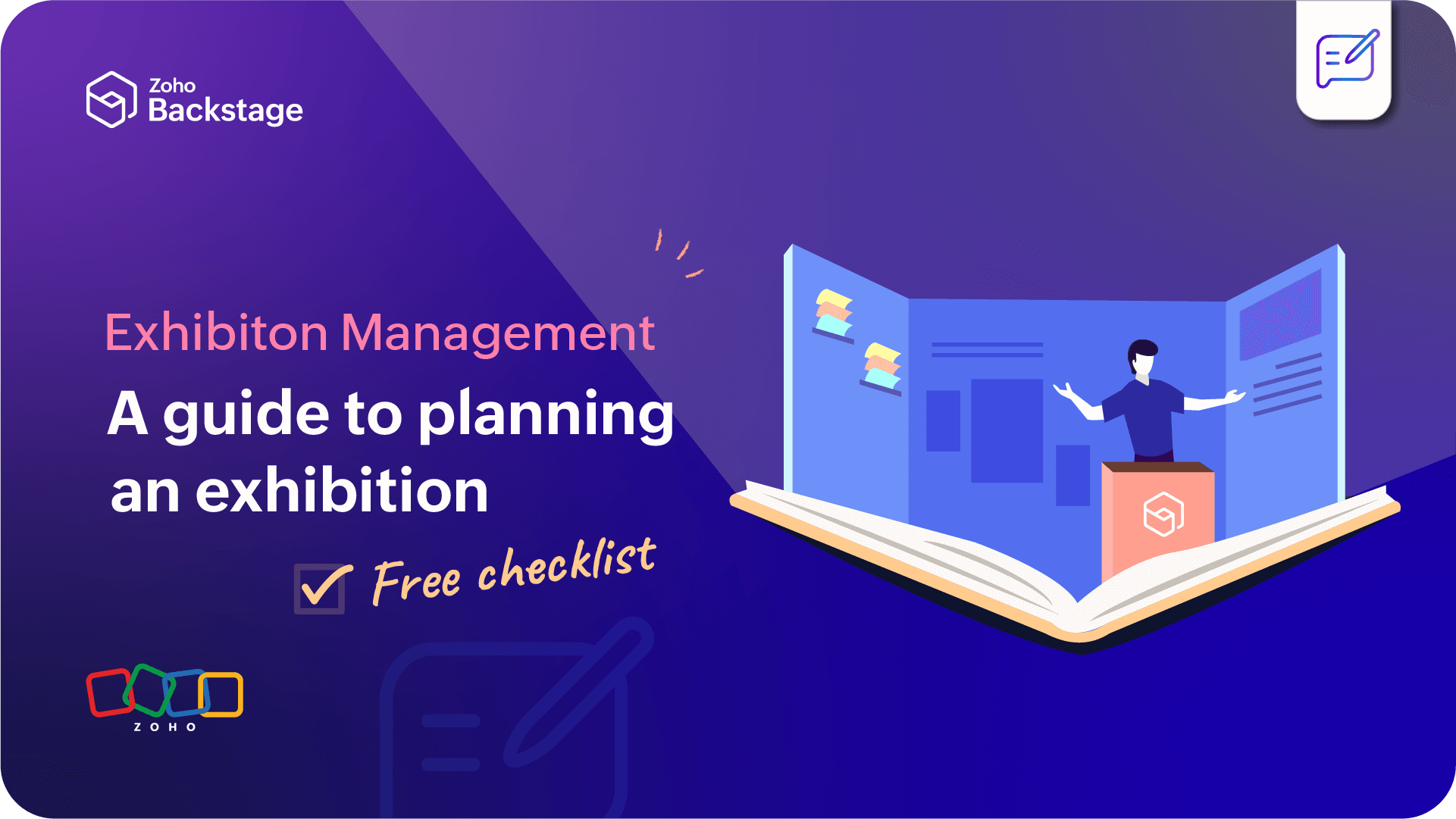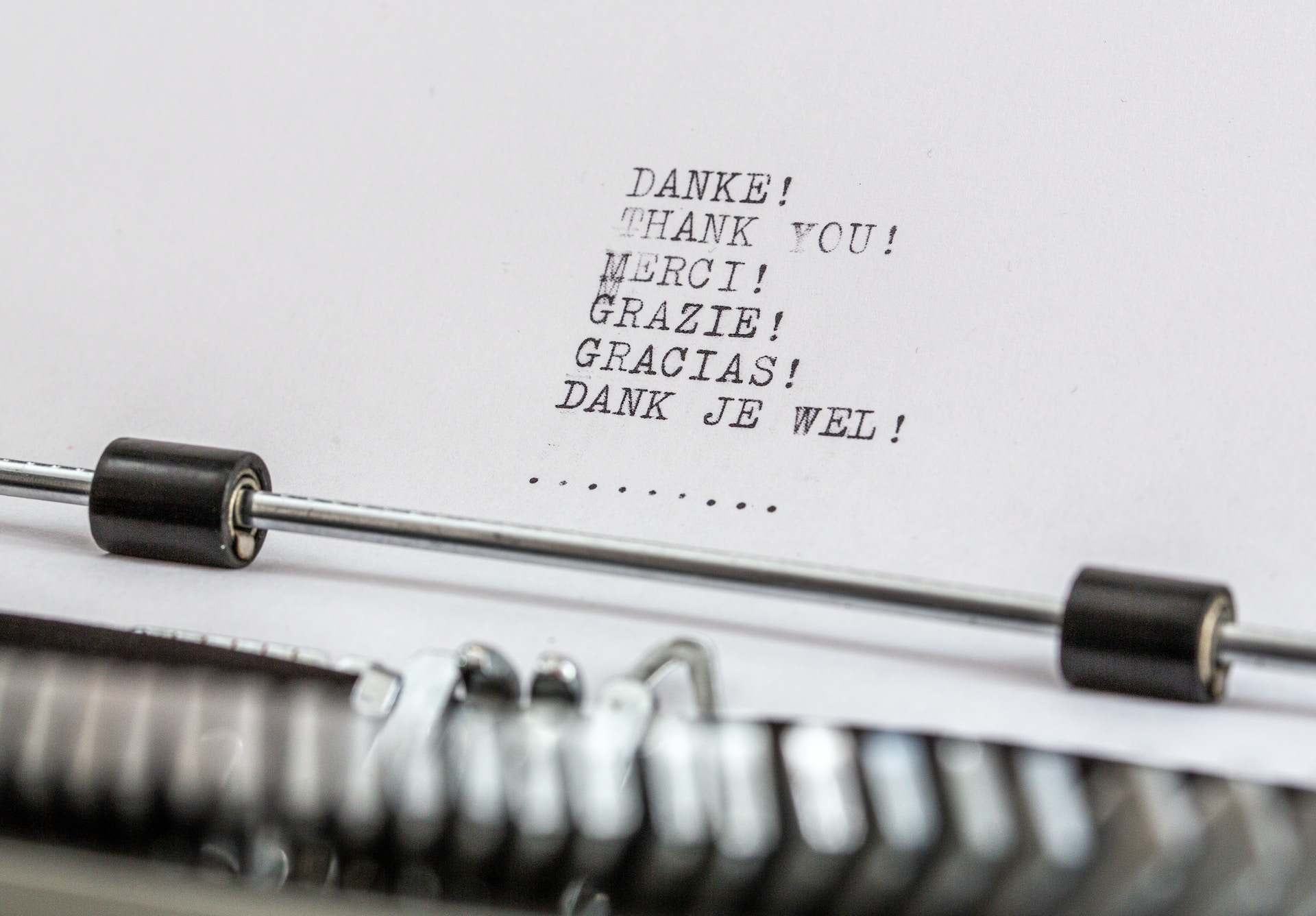- HOME
- Management
- 5 must-reads for event planners looking to improve their creativity
5 must-reads for event planners looking to improve their creativity
- Last Updated : August 18, 2023
- 1.2K Views
- 7 Min Read
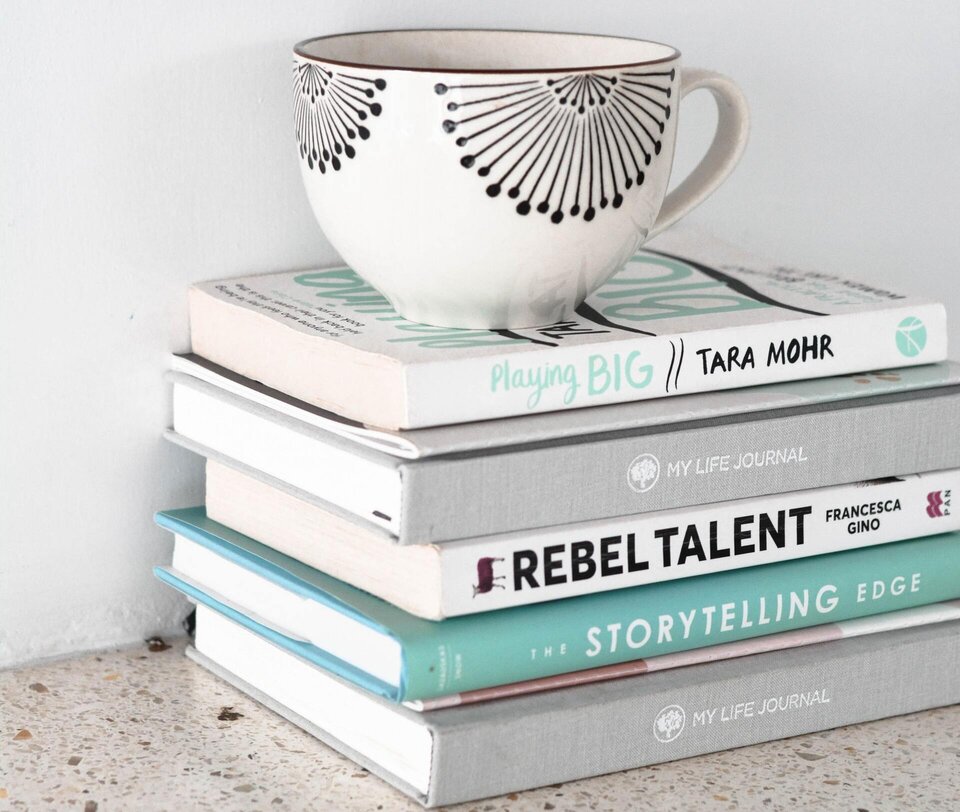
There's a reason we put so much stock in creativity. People, no matter their profession, are encouraged to be creative, to think outside the box. Just like everywhere else, creativity is a much-loved attribute in event professionals because a creative event organizer has the power to host an event that stands out from the crowd. Simply put, creative thinking helps you open your mind to new possibilities and opportunities.Luckily for all of us, creativity is not a natural ability but rather something we can acquire at any time and phase of our lives. You can be the "creative person" at your organization or the creative event organizer who gives attendees the unexpected every single time without losing energy. Today we'll highlight five books that tell you how.
The Accidental Creative - How to Be Brilliant at a Moment's Notice
By Todd Henry
“You need to create space for your creative process to thrive rather than expect it to operate in the cracks of your frenetic schedule.”
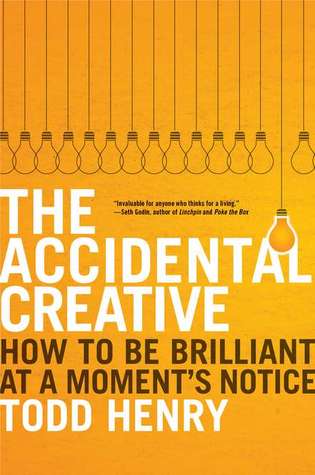
Todd Henry's The Accidental Creative is a practical method that, when incorporated into your work strategy, can help you "discover your personal creative rhythm." This isn't an "everyone is born creative" or "tap into your creativity" kind of book that speaks in generic and trite cliches. And that's the best thing about this book.
It is purposeful and practical, giving you actionable tips that you can implement into your daily routine. One of them is the "Big Three" approach where you write down the three most important creative problems you're currently facing at the beginning of your week and carry them around with you. This will help you focus on the problems and help you actually ponder them (sometimes at odd times), because creative ideas don't always come out of the blue. You should spend some time to actually think. This idea of actually setting aside some time every day to just think is something Henry touches on at various points in the book.
Why should you read it?
Read this if you feel uninspired and/or pressured about coming up with creative ideas on demand or wish to add more structure to your creative process.
Subscribe to The Green Room
Sign up here and get all the most relevant MICE industry content delivered right to your inbox once a month.
By submitting this form, you agree to the processing of personal data according to our Privacy policy.
Creativity: Flow and the Psychology of Discovery and Invention
By Mihaly Csikszentmihalyi
"While we cannot foresee the eventual results of creativity—of the attempt to impose our desires on reality, to become the main power that decides the destiny of every form of life on the planet—at least we can try to understand better what this force is and how it works."
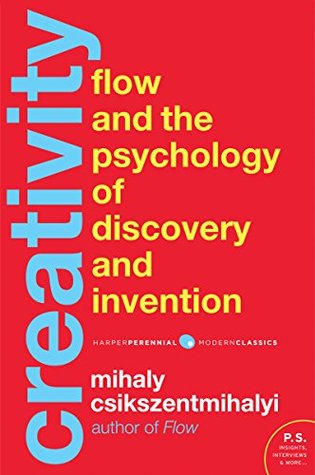
In recent times, we've seen a lot of YouTube videos and blogs on cashing in on our "flow state" for maximum productivity. This idea of the "flow state" was pioneered by Mihaly Csikszentmihalyi in his previous book, Flow: The Psychology of Optimal Experience. This second book is a partly scientific, partly philosophical study of creativity and the influence it has on the "cultural matrix" of the world. While it's not a how-to book in the typical sense, it still has a lot of useful information for people looking to nurture their creativity.
He studies famous "creative individuals" from different professions and walks of life and theorizes on what made them creative in the first place by connecting their common traits. Interspersed between these interviews and anecdotes are tips on how one can awaken their personal creativity and how they can use "flow" to heighten it.
But mostly, it tells you how creativity can never be an island. Its success depends on its relation to what others did and how others perceive it. The "really" creative people came up with ideas that changed people's perception of things. That way, this book looks at creativity with the "perceiver" in mind rather than the "creator".
Why should you read it?
This is by no means a light read, but that's what makes it work. It's academic, subjective, and all-encompassing—you get to view creativity from a completely new perspective. You might not agree with everything he says but it'll leave you thinking (and questioning). As good books are meant to do.
Big Magic: Creative Living Beyond Fear
By Elizabeth Gilbert
“Basically, your fear is like a mall cop who thinks he’s a Navy SEAL: He hasn’t slept in days, he’s all hopped up on Red Bull, and he’s liable to shoot at his own shadow in an absurd effort to keep everyone 'safe.'”
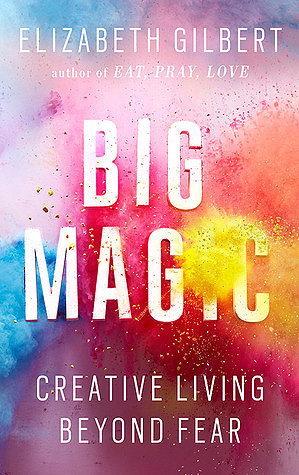
Ask an event organizer what stops them from doing something they'd really like to do and the most likely answer would be fear—fear that it's a risk, fear that it's a mistake, fear that their boss might not like it. But it's when we go beyond that fear that we achieve something truly great, when we create "Big Magic." This is the premise of Elizabeth Gilbert's book—doing something in spite of being afraid.
She believes in approaching creativity with "curiosity and cheerfulness" even when times are tough. Elaborating on the "art for art's sake" idea, she urges readers to create, for better or for worse. Her advice—don't chase perfection, chase ideas. Part memoir, part self-help, part spirituality—with the right mix of personal anecdotes, practical tips, and inspirational ideas—Gilbert has something to offer everyone.
Why should you read it?
Read it when you need something to cheer you on. Its pragmatic yet optimistic approach to creativity makes it the perfect pick-me-up book for times when you question talent and worth.
Zig Zag: The Surprising Path to Greater Creativity
By Robert Keith Sawyer
"Successful creators engage in an ongoing dialogue with their work. They put what's in their head on paper long before it's fully formed, and they watch and listen to what they've recorded, zigging and zagging until the right idea emerges."
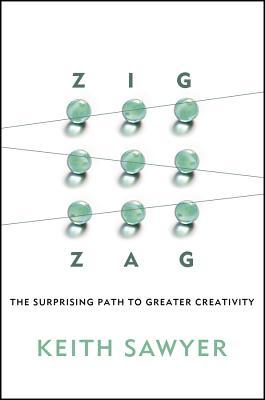
Robert Keith Sawyer calls creativity a "muscle," and like with any muscle, you can make it strong by exercising it. This book is a very practical, step-by-step approach to strengthening your creative muscles with a series of instructions that anyone can use, no matter their profession.
What makes this book stand out from others is that every step is backed by scientific studies. One other idea the author explores throughout the book is about how creativity "is not a moment in time—it's a way of life." The key message in this book is that you have to keep working on your creativity to get those creative juices flowing without waiting for moments of inspiration.
The author has distilled almost 20 years of research into this one book that can help readers unleash their creative potential. According to him, you don't need to call on The Muse for inspiration because:
"Creativity [does] not descend like a bolt of lightning that lit up the world in a single, brilliant flash. It [comes] in tiny steps, bits of insight, and incremental changes.
Zigs and zags."
Why should you read it?
This book, with its eight-step method, 30 practices, and over a hundred techniques, is perfect for beginners who'd like a more guided approach to honing their creative process.
How to Think Like Leonardo da Vinci: Seven Steps to Genius Every Day
By Michael J. Gelb
“Da Vinci gave birth to a tradition that resulted in the modern discipline of “brainstorming.” Prior to Da Vinci the concept of “creative thinking” as an intellectual discipline didn’t exist.”
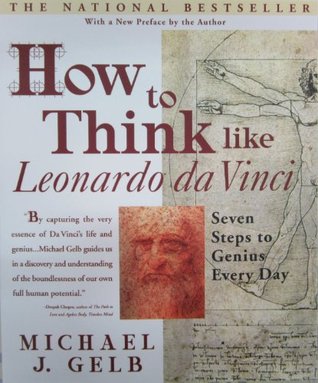
Who better to guide you in your creative awakening than Leonardo da Vinci, a great cultural icon and one the most creative people who ever lived? This book is a dissertation of da Vinci's life and what made him the creative genius he was, while at the same time exploring how we can cultivate those habits to jumpstart our creative process.
The author explains seven of Da Vinci's principles ranging from curiosity to the appreciation of the interconnectedness of things. An interesting read, it comes with practical tips to make these principles a part of one's lifestyle and tap into their genius. These are not original ideas by the author but rather a compilation of ideas that have already existed for quite some time and how today's people can make the best of those ideas.
Why should you read it?
This book, minus the da Vinci references, could be called Creativity 101, a compass point for people looking to improve their creativity. Read it to understand the basics before digging into niche areas.
That's it with our list of five books that focus on creativity. We can all do with a little boost of creativity every now and then, and what better way to find out than through books that dive deep into the very marrow of the creative process? We hope you enjoyed it, and do let us know in the comments if you've got a favorite book that is not on this list!
If, like us, you're more of a social person, let's connect on Twitter (@ZohoBackstage) and we'll keep you up-to-date with all the latest event news.
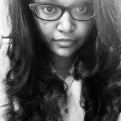 Nisha
NishaMarketing and content at Zoho Backstage. Cultural misfit. Armchair traveler. Productivity geek. Sometimes, I write poetry. Sometimes, it rhymes.


